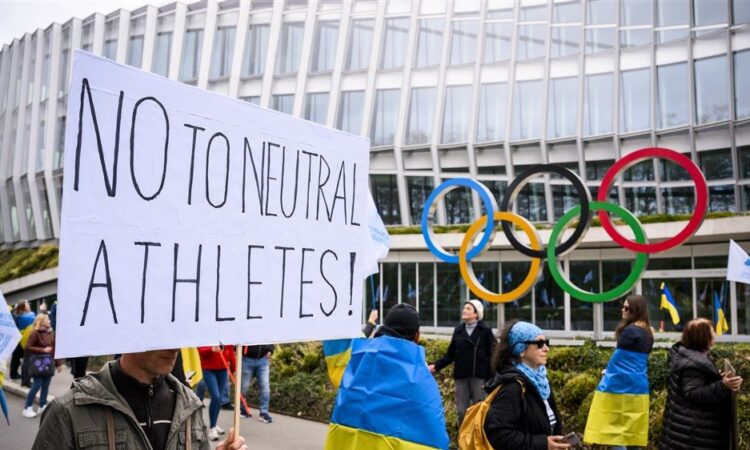
Hungary says ‘no’ (again) to EU-wide gas reduction plans; professor for ambassador
Business as usual as Foreign Minister Peter Szijjarto declared that Hungary would not be part of the EU’s voluntary gas consumption cut, because it would threaten the Hungarian economy. EU member states reached a political agreement to extend for another year the 15 per cent cut in gas demand, first introduced last August to help Europe prepare for possible disruptions of gas supplies from Russia. The Hungarian position, although sold by Szijjarto as another “country saving” effort, actually has not changed since last summer, when it opposed the emergency plan. Instead, PM Viktor Orban later introduced drastic domestic energy saving measures for public administration, keeping temperatures in government buildings at 18°C throughout the winter. The public also frantically saved on heating as people grew more energy conscious. Overall, gas consumption in Hungary fell by over 16 per cent in 2022, meaning that despite its harsh anti-EU rhetoric the government actually fulfilled the voluntary targets. Interestingly, Szijjarto seemed not to be aware of those numbers. He now argued – somewhat paradoxically – that in winter it is easier to reduce gas demand, because both society and industrial consumers can save a bit, but in summer all the burden is on industry. “If we have to reduce gas demand in industry, we risk an economic downturn,” he warned, while also attacking Brussels for curtailing national competences by interfering in member states’ energy mix. He said the EU should not discriminate against gas but rather increase imports into Europe to drive down prices, which are now seven times higher than in the US, undermining the bloc’s economic competitiveness. Hungary has a 15-year gas contract with Russia and is one of the few countries that still depends heavily on Russian energy. As in the summer, Hungary was not alone in its objections – Poland also remained critical over the EU-wide gas cuts on legal grounds, arguing decisions affecting the energy mix of member states should be taken unanimously.
In a shrewd diplomatic move, Ukrainian President Volodymyr Zelensky is considering naming Sandor Fegyir, an ethnic Hungarian fighting in Ukraine, as the country’s next ambassador to Budapest. Fegyir is a geography professor who gained fame for teaching his classes online from the barricades and became a symbol of the “good Hungarian” willing to risk his life for his country – Ukraine. As BIRN reported, Fegyir is a volunteer in the battalion called the Transcarpathian Dragons, fighting alongside fellow Ukrainians, Ruthenians and Hungarians. His photo of the Hungarian flag flying next to the Ukrainian one in the village of Ambarne, east of Kharkiv, went viral last October. Hungarian civil society has since raised millions to help Fegyir and his battalion with anything from warm socks to metal detectors or portable power stations. Interestingly, not even pro-Russian trolls in the Hungarian government-allied media have dared criticise him. No official decision has been taken about his nomination, but if Fegyir is appointed it could help bring the positions of the two sides closer over the controversial Ukrainian minority language law, which limits education in minority languages above the age of 10 and is a major source of the animosity between Kyiv and Budapest.






